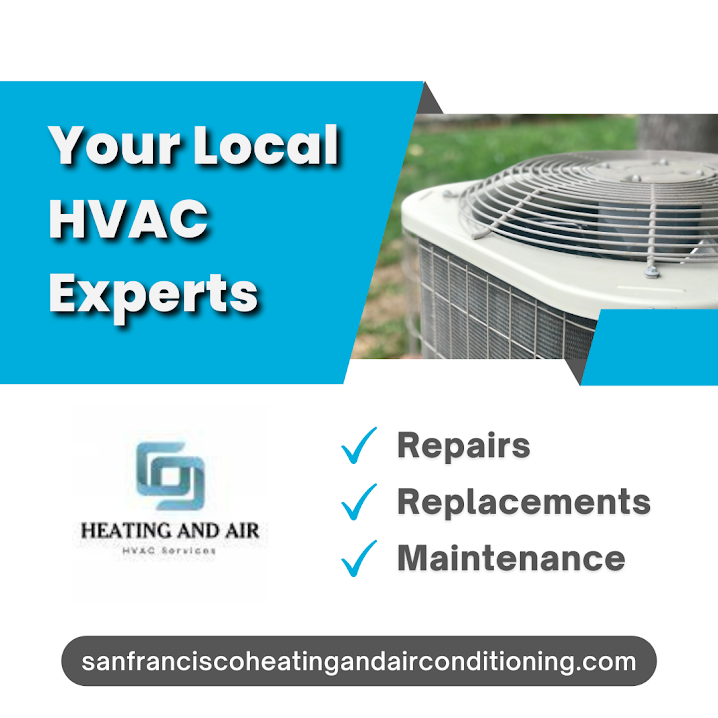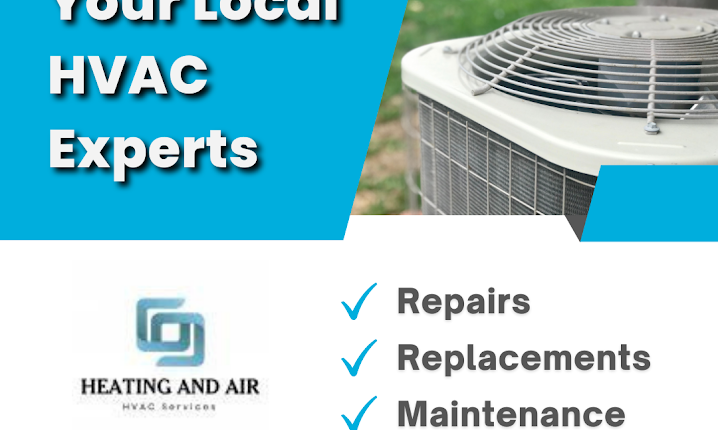
Yes, HVAC repair can significantly improve energy efficiency. An efficiently functioning HVAC system consumes less energy while maintaining the desired indoor temperature. Here’s how HVAC repair contributes to enhanced energy efficiency:
- Optimized Components: HVAC repair involves cleaning, calibrating, and replacing components that may have become worn or inefficient over time. Well-maintained components operate more effectively, reducing energy consumption.
- Clean Filters: Dirty air filters restrict airflow, forcing the HVAC system to work harder to circulate air. Regularly cleaning or replacing filters during repairs ensures proper airflow and minimizes energy waste.
- Proper Refrigerant Levels: Low refrigerant levels force the system to work harder to cool or heat your home. HVAC repair technicians can identify and correct refrigerant issues, ensuring efficient operation.
- Sealed Ductwork: Leaky ducts can cause air loss, forcing the system to work longer to achieve the desired indoor temperature. Repairing and sealing ductwork prevents energy waste and improves system efficiency.
- Calibrated Thermostats: Accurate thermostat calibration ensures that your HVAC system operates at the correct intervals, preventing unnecessary energy consumption.
- Eliminating Short Cycling: HVAC repair addresses issues that can cause the system to short cycle (turn on and off frequently), which wastes energy. Properly repaired systems maintain steady operation.
- Preventing Overheating or Overcooling: Repairs address problems that may lead to temperature overshooting, where the system works harder than necessary. Well-maintained systems avoid unnecessary energy usage.
- Efficient Motors and Fans: Repaired motors and fans run more efficiently, ensuring that the system effectively circulates air throughout your home without excessive energy consumption.
- Energy-Efficient Upgrades: During repairs, HVAC professionals may recommend energy-efficient upgrades such as programmable thermostats, variable-speed motors, and high-efficiency filters, all of which contribute to reduced energy usage.
- Long-Term Impact: Regular HVAC maintenance and repair prevent major breakdowns and extend the life of your system. A properly functioning system consumes less energy, resulting in cumulative energy savings over its operational life.
By addressing issues that hinder your HVAC system’s efficiency, repairs not only improve your home’s comfort but also lead to lower energy bills and reduced environmental impact. An energy-efficient HVAC system is both cost-effective and aligned with sustainable living practices.


Recent Comments